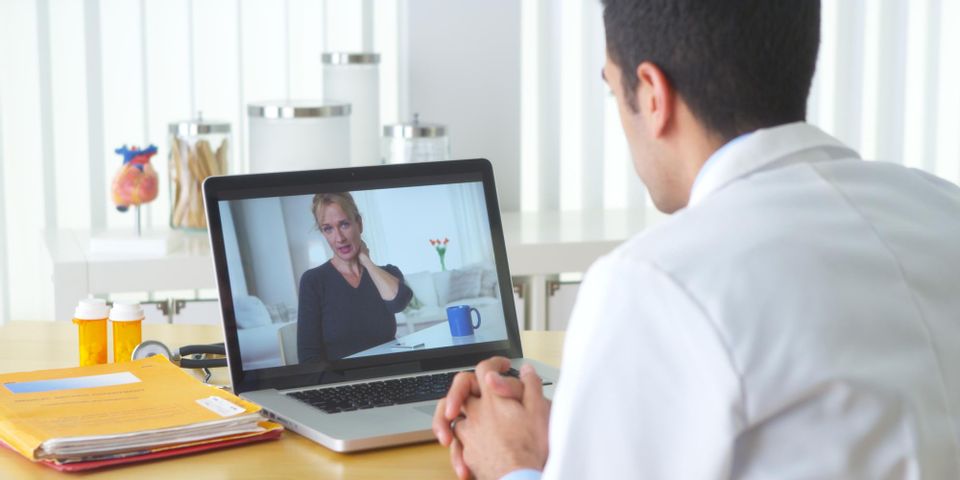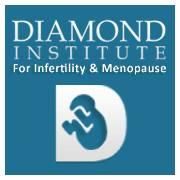5 IVF Procedure FAQ to Ask Your Fertility Doctor During the COVID-19 Pandemic

Individuals and couples who are preparing to or currently participating in fertility treatments may wonder how the COVID-19 pandemic will affect their IVF procedure. The most important step is having a discussion with your physician, who can provide the latest updates. As you prepare for the call or visit, consider asking the following questions.
COVID-19 Questions to Ask a Fertility Doctor About IVF Procedures
If exposed, will COVID-19 affect the embryo?
There is limited data on whether the embryo of a patient undergoing an IVF procedure will be affected if they have tested positive for COVID-19. However, infertility doctors say there are reports of women who have tested positive and gave birth to babies who did not acquire the virus.
Are there pre-existing conditions that can make a woman more vulnerable to COVID-19?
Just as pregnant women may experience certain health conditions, the same may be true for those who become pregnant through an IVF procedure. These conditions include viral respiratory infections and influenza, which can make pregnant women susceptible to COVID-19. other chronic medical conditions such as obesity, hypertension, asthma and diabetes also contribute to a worsened prognosis with COVID-19 diagnosis.
If you are currently going through or preparing for fertility treatments, talk to your IVF doctor about any underlying medical issues so that the proper monitoring can be implemented.
Can I be tested for the COVID-19 if undergoing an IVF procedure?
If you need to undergo any procedures that may require anesthesia as part of IVF, most states require that you a negative test and the procedure. If you suspect you’ve been exposed, contact your primary care physician or local health department to be tested. According to the Centers for Disease Control and Prevention, if you experience a fever of 100.4 or higher, difficulty breathing, and an aggressive cough, call your primary doctor to schedule a test.
Will my IVF procedure be affected if I’ve recently traveled aboard?
If your travels included countries with reported cases of COVID-19, it is advised to self-quarantine for 14 days at home. Monitor any signs of fever, respiratory problems, or coughing. If there are others who live with you, isolate yourself in a separate room to minimize any exposure.
Will my stored embryos continue to be protected?
There are required levels of protective systems currently in place to protect stored embryos. These range from 24/7 monitoring by embryology physicians and staff and daily, hospital-grade sanitizing measures.
Incubators and storage tanks will typically have backup systems in place in rare cases of failure. In the midst of the COVID-19 pandemic, current protective measures are elevated to ensure embryos are safely stored.
Many centers are also offering regular screening for their staff members.
The Diamond Institute for Infertility & Menopause in Millburn, NJ, is here to answer all of your IVF procedure questions. Led by Dr. Ndidimaka Onwubalili and Dr. Matan Yemini, the state-of-the-art fertility center provides the latest service and treatment solutions for women and same-sex couples trying to conceive. If you have questions about IVF procedure during the COVID-19 pandemic, call (973) 761-5600 for the latest updates. Visit the website for extensive information on fertility care.
About the Business
Have a question? Ask the experts!
Send your question

